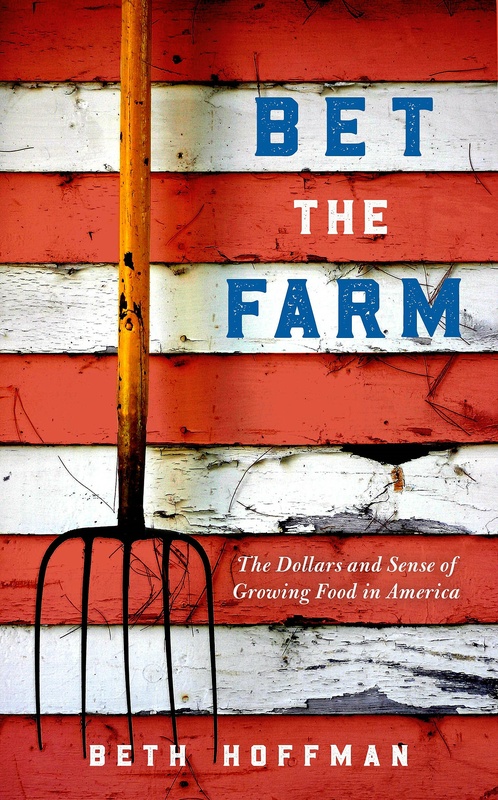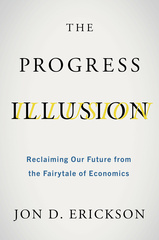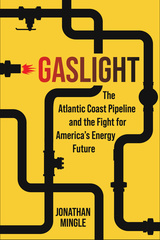
272 pages, 5 x 8
5 figures
Paperback
Release Date:21 Jan 2025
ISBN:9781642833904
Hardcover
Release Date:05 Oct 2021
ISBN:9781642831597
“Eloquent and detailed…precise and well-thought-out...Read her book — and listen.” — Jane Smiley, The Washington Post.
Beth Hoffman was living the good life: she had a successful career as a journalist and professor, a comfortable home in San Francisco, and plenty of close friends and family. Yet in her late 40s, she and her husband decided to leave the big city and move to his family ranch in Iowa—all for the dream of becoming a farmer, to put into practice everything she had learned over decades of reporting on food and agriculture. There was just one problem: money.
Half of America's two million farms made less than $300 in 2019. Between rising land costs, ever-more expensive equipment, the growing uncertainty of the climate, and few options for health care, farming today is a risky business. For many, simply staying afloat is a constant struggle.
Bet the Farm chronicles this struggle through Beth’s eyes as a beginning farmer. She must contend with her father-in-law, who is reluctant to hand over control of the land. Growing oats is good for the environment but ends up being very bad for the wallet. And finding somewhere, in the midst of COVID-19, to slaughter grass-finished beef is a nightmare. The couple also must balance the books, hoping that farming isn’t a romantic fantasy that takes every cent of their savings.
Even with a decent nest egg and access to land, making ends meet at times seems impossible. And Beth knows full well that she is among the privileged. If Beth can’t make it, how can farmers who confront racism, lack access to land, or don’t have other jobs to fall back on? Bet the Farm is a first-hand account of the perils of farming today and a personal exploration of more just and sustainable ways of producing food.
Beth Hoffman was living the good life: she had a successful career as a journalist and professor, a comfortable home in San Francisco, and plenty of close friends and family. Yet in her late 40s, she and her husband decided to leave the big city and move to his family ranch in Iowa—all for the dream of becoming a farmer, to put into practice everything she had learned over decades of reporting on food and agriculture. There was just one problem: money.
Half of America's two million farms made less than $300 in 2019. Between rising land costs, ever-more expensive equipment, the growing uncertainty of the climate, and few options for health care, farming today is a risky business. For many, simply staying afloat is a constant struggle.
Bet the Farm chronicles this struggle through Beth’s eyes as a beginning farmer. She must contend with her father-in-law, who is reluctant to hand over control of the land. Growing oats is good for the environment but ends up being very bad for the wallet. And finding somewhere, in the midst of COVID-19, to slaughter grass-finished beef is a nightmare. The couple also must balance the books, hoping that farming isn’t a romantic fantasy that takes every cent of their savings.
Even with a decent nest egg and access to land, making ends meet at times seems impossible. And Beth knows full well that she is among the privileged. If Beth can’t make it, how can farmers who confront racism, lack access to land, or don’t have other jobs to fall back on? Bet the Farm is a first-hand account of the perils of farming today and a personal exploration of more just and sustainable ways of producing food.
John and Beth knew that they were somewhat naive when they moved to Iowa, but Hoffman is very skilled (and eloquent) about turning that ignorance into observation and learning...her book is so precise and well-thought-out...Read her book — and listen.'
An honest account...We sometimes read news about farming, but this is a much more detailed description of how dangerous and alluring it is, both physically and financially.
Bet the Farm is the best book... Malcolm Gladwell could [not] have done what Hoffman has done to explain present-day agriculture's policies.'
Recommended... a clear-eyed analyses of everything from the history of commodities, factory farming and Black landloss, to the intricacies of farm finance, why it’s so hard for farmers to make a fair living, and why most farm families have at least one off-farm job.
This wide-ranging discussion personalizes the farmer's current milieu in a manner that connects national perspectives and situations with individual pursuits. Bet the Farm is a powerful presentation that should be a mainstay of any agriculture book collection or discussion of farming's future.’
If you know someone who was farming sustainably and got out of it, this book will help you understand why. And if you're doing it, the book will be a friendly voice of commiseration to ratify the hard lessons you've already learned.
Hoffman talks frankly about the struggles of being a beginner farmer ... It's a book about succession and determination, but it's also about just how fragile the future of family farms is in America.
Highly recommended…. The sustainable agriculture movement focuses on social, moral, and ecological facets of farming. Hoffman reminds readers that without also looking at the economics, such efforts will not succeed.’
Part farm thriller, part historical nonfiction, Bet the Farm keeps readers guessing—will Whippoorwill Creek Farm succeed or fail?—as they learn the realities of farming. Hoffman doesn’t shy away from the benefits of race or privilege as she shares the history of and hopes for American farming. A must-read for anyone with romantic notions about farming!’
The coastal elite who takes on an Iowa farm might smack of sit-com fare, but Bet the Farm is an essential look into the reality of an American way of life that is profoundly misunderstood by the majority of Americans. This is a story only Hoffman can tell, as an outsider with decades of experience writing about agriculture who also immerses herself in the experience firsthand.’
Honest and authentic, Beth Hoffman accomplishes what few authors who write about farms ever achieve: conveying amid the hard work and simple pleasures, the realities of running a tough business. Readers seldom get to view farming so accurately.’
Combining an analysis of the troubled state of American agriculture with her personal account of three years of transforming a 'conventional' family farm into an organic one, Hoffman busts myths, confronts hard truths, and provides a vision for what could follow the end phase of factory farming.’
Beth Hoffman is a beginning farmer on almost 530 acres in Iowa. For the last twenty years, she has worked as a journalist covering food and agriculture. Her work has been aired and published on NPR's Morning Edition, The Guardian, The Salt, Latino USA, and the News Hour.
Chapter 1. The Simple Life?
Chapter 2. Land Rich, Cash Poor
Chapter 3. The Land of Corn and Cattle
Chapter 4. The Price of Sustainability
Chapter 5. Privilege to Farm
Chapter 6. Money Matters
Chapter 7. What about Subsidies?
Chapter 8. The Cattle Runaround
Chapter 9. Keeping Up with the Joneses
Chapter 10. Everybody Does It – off the Farm
Chapter 11. A New Narrative
Chapter 12. Self-Care Is Key
Chapter 13. Co-farming and Community
Chapter 14. Sharing the Pie
Chapter 15. People and Policy
Chapter 16. Meanwhile, Back at the Ranch
Notes
Acknowledgments
About the Author
Chapter 2. Land Rich, Cash Poor
Chapter 3. The Land of Corn and Cattle
Chapter 4. The Price of Sustainability
Chapter 5. Privilege to Farm
Chapter 6. Money Matters
Chapter 7. What about Subsidies?
Chapter 8. The Cattle Runaround
Chapter 9. Keeping Up with the Joneses
Chapter 10. Everybody Does It – off the Farm
Chapter 11. A New Narrative
Chapter 12. Self-Care Is Key
Chapter 13. Co-farming and Community
Chapter 14. Sharing the Pie
Chapter 15. People and Policy
Chapter 16. Meanwhile, Back at the Ranch
Notes
Acknowledgments
About the Author







